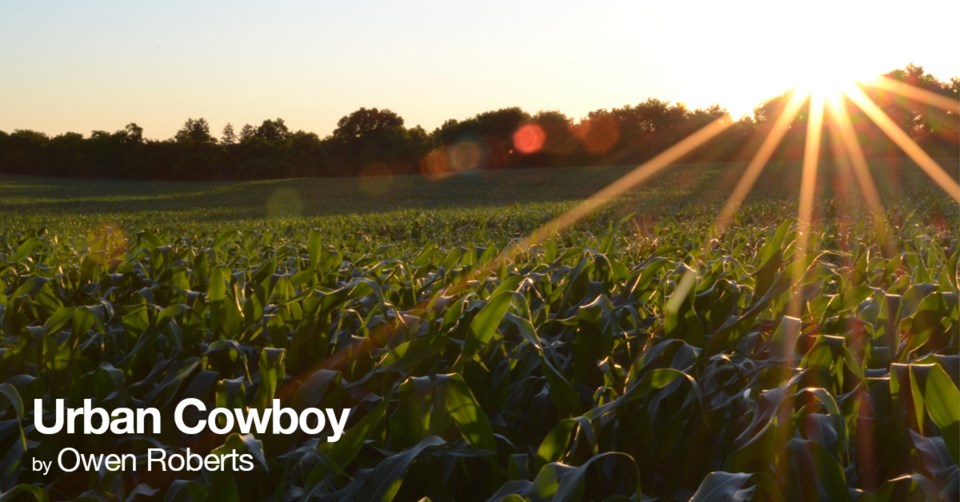The efforts to clearly address consumer questions and confusion over about certified organic food production has taken a step forward this week.
On Wednesday, backbenchers Peter Tabuns and Sylvia Jones announced a co-sponsored private member’s bill for organic products regulation in Ontario.
Private member’s bills, typically brought forward by members of the opposition, rarely make it through the legislative process. But at the very least they raise the profile of the issue at hand. If they fail, they may spark activity by the party in power to at least do something.
“This bill is designed to open doors,” says Tabuns, who has been working with the Organic Council of Ontario to develop the bill based on Manitoba’s Organic Agricultural Products Act.
“We want consumers to know they are actually getting what they pay for when they buy organic. But we also want to make sure that farmers and processors who invest in building an organic business are getting the most out of their investment.
Here’s the situation, as explained by the council:
In this country, organic production is guided by the Canada Organic Regime, created in 2009. It provides guidelines to the organic sector about what is, and what isn’t, certified organic, and how to produce it. The regime offers a legal definition for “organic,” and a certification system for organic products that cross provincial and national borders.
The Canadian Food Inspection Agency describes it this way: “The purpose of the Canada Organic Regime is to regulate all parties involved in the certification of agricultural organic products and to verify all applicable regulatory requirements, standards and guidance documents are being met.”
The regime doesn’t cover claims within provinces. In Ontario, it is only enforced for products that carry the Canada Organic Logo and those that are exported outside of Ontario.
The organic council worries, understandably, that without regulation and enforcement, unscrupulous producers might call their products organic when they’re not. And as you know, some people are willing to pay more for organic products. No one wants to get duped.
Council president and organic farmer Tom Manley says consumer demand in Ontario is huge, the largest in Canada.
“Provincial regulation would protect businesses that already certify, and provide an opportunity for Ontario to support increased production so we can meet more of that demand right here at home.” he says.
The council says five other provinces have already adopted regulations to address the need for better oversight of organic claims and ensure consumers and organic farmers are protected. It sees this bill as the beginning of a process that will allow all farmers and members of the organic value chain to contribute to the contents of the final regulation.
Complicating the matter is the fact that some producers – particularly small ones – simply don’t want to go to the trouble of certifying their crops or livestock. They think it’s an administrative pain, busywork, or unnecessary for their customers.
It doesn’t mean they’re being deceitful. Rather, like many farmers, they’re fed up with third-party intervention in their operations.
The council thinks the answer is somewhere in the middle, between no certification, and onerous regulations. Maybe small scale farms that don't want to certify need not pursue the claim, because they have direct relationships with their customers and can explain their production practices directly.
“We know there are many honest, hard-working organic farmers in Ontario who don’t certify. This bill is meant to be the start of a dialogue that leads to a made-in-Ontario solution,” says the council’s executive director Carolyn Young. “This would include adopting the federal standards, but also exploring more options for small-scale.”
These options could include tailored certification programs for small-scale farmers making organic claims, and financial supports that would help them do so.
Confusion over organic products is hardly limited to Ontario, or to fruit and vegetables which are widely associated with organic production. For example, a recent survey showed almost one-third of Canadians either know nothing about or are confused by organic meat.
All this is very timely. Next week is National Organic Week (September 16-24). Crops are being harvested and Thanksgiving is right around the corner. It’s a great time for a discussion about all food production, organic or not.
